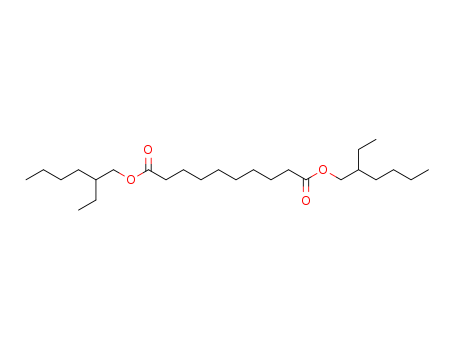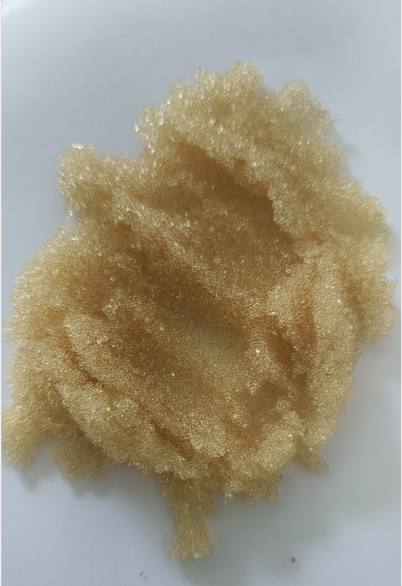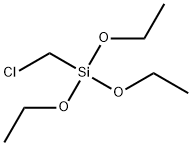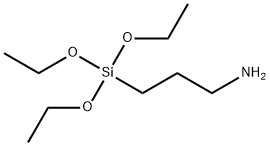Dioctyl sebacate literature
Preparation of nano-SO4 2- /TiO2 catalyst and its application in esterification of sebacic acid with 2-ethyl hexanol
Ji, Xianbing,Chen, Yinxia,Wang, Xiaobo,Liu, Weimin
, p. 222 - 225 (2011)
A pure anatase phase nano-SO 4 2- /TiO2 catalysts were synthesized and their catalytic activities were tested. Nano-SO 4 2- /TiO2 shows high activity and effective re-usable when used as basic catalysts for the synthesis of dioctyl sebacate.
Exceptionally active and reusable nanobiocatalyst comprising lipase non-covalently immobilized on multi-wall carbon nanotubes for the synthesis of diester plasticizers
Szelwicka, Anna,Boncel, S?awomir,Jurczyk, Sebastian,Chrobok, Anna
, p. 41 - 47 (2019/02/07)
A new method for the synthesis of dicarboxylic acid esters in the presence of a new heterogeneous nanobiocatalyst consisting of Candida antarctica lipase B immobilized on multi-walled carbon nanotubes (MWCNTs) has been developed. Selection and characterization of the support for Candida antarctica lipase B (CALB) was initially performed. Pristine and modified MWCNTs of different geometries, morphologies and surface/core modifications were tested as a lipase carrier and determining that the CheapTubes MWCNTs nanobiocatalyst with a 15.7 wt.% CALB loading was the most active nanobiocatalyst. The model reaction of succinic acid with n-butanol was carried out with a 4-molar excess of alcohol and 150 mg of nanobiocatalyst per 1 mmol of succinic acid at 45 °C in cyclohexane. The di-n-butyl succinate was obtained with 95% yield after 3 h. The activities of the new nanobiocatalysts were compared with the benchmark Novozyme-435 and other acidic catalysts. Recycling studies demonstrated the possibility of utilizing the most active MWCNTs-lipase biocatalyst six times without any significant loss of activity. The main advantage of this study is the superior activity of the new nanobiocatalyst, which resulted in a significant reduction of reaction times as compared to those reported in the literature.
Micro-flow nanocatalysis: synergic effect of TfOH@SPIONs and micro-flow technology as an efficient and robust catalytic system for the synthesis of plasticizers
Tashi, Maryam,Shafiee, Behnaz,Sakamaki, Yoshie,Hu, Ji-Yun,Heidrick, Zachary,Khosropour, Ahmad R.,Beyzavi, M. Hassan
, p. 37835 - 37840 (2018/11/26)
The combination of continuous flow technology with immobilizing of only 0.13?mol% of triflic acid (TfOH) on silica-encapsulated superparamagnetic iron oxide nanoparticles (SPIONs) under solvent-free conditions successfully provided a powerful, efficient, and eco-friendly route for the synthesis of plasticizers. The turnover frequency value in micro-flow conditions varied in the range of 948.7 to 7384.6 h?1 compared to 403.8 to 3099 h?1 for in-flask. This technique works efficiently, encouraging future applications of micro-flow nano-catalysis in green chemistry.
Preparation method for cold-resistant plasticizer dioctyl sebacate
-
Paragraph 0020-0025, (2017/02/23)
The invention relates to a preparation method for a cold-resistant plasticizer dioctyl sebacate, and belongs to the field of PVC auxiliary agents. The preparation method comprises the following steps: esterification, dealcoholysis, neutralization, distillation, adsorption and press filtration. The technical scheme employs 2-ethylhexanol and sebacic acid as raw materials and employs one or more titanates as a catalyst for esterificatoin, and then excessive 2-ethylhexanol is removed; then neutralization is performed, and a dioctyl sebacate crude product is prepared; and then the dioctyl sebacate crude product is subjected to reduced-pressure distillation, adsorption and press filtration, the high-quality high-yield high-purity cold-resistant plasticizer dioctyl sebacate product is prepared. The product quality reaches super grade standard.
Nano-SO42-/TiO2catalyzed eco-friendly esterification of dicarboxylic acids
Ji, Xianbing,Chen, Yinxia,Shen, Zuoyuan
, p. 5769 - 5772 (2014/12/11)
Nano-SO42-/TiO2 was prepared by wet impregnation method. The structure and properties of the prepared nano-SO42-/TiO2catalyst was characterized by XRD, SEM, TEM and BET analysis. The catalytic activities of the catalysts were tested by the esterification of sebacic acid with 2-ethyl hexanol and a series of other dicarboxylic acid. The influence factors on the reaction, such as the catalyst calcination temperature, reaction temperature/time and the molar ratio of acid to alcohol were extensively explored. Nano-SO42-/TiO2prepared exhibited much higher catalytic activity in esterification reactions. By applying the optimized reaction condition, i.e. 160 C, 2 h, 5 wt % nano-SO42-/TiO2with a 1:3 molar ratio of sebacic acid to 2-ethyl hexanol, higher than 99 % isolated of the desired ester could be obtained.







